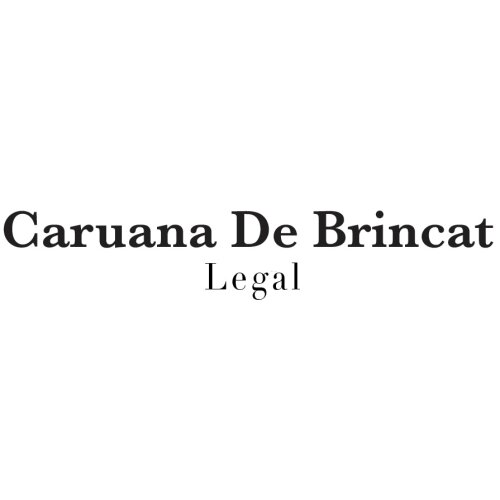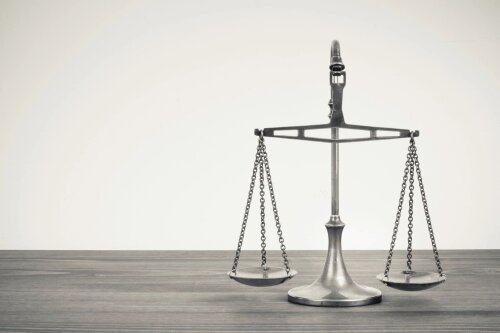Best Child Custody Lawyers in Qormi
Share your needs with us, get contacted by law firms.
Free. Takes 2 min.
Free Guide to Hiring a Family Lawyer
List of the best lawyers in Qormi, Malta
About Child Custody Law in Qormi, Malta
Child custody law in Qormi, Malta is designed to protect the best interests of the child and ensure their welfare in the event of parental separation or disputes. The Maltese legal system provides a structured approach to determining custody arrangements, aiming to prioritize the child's emotional, psychological, and physical well-being. Courts in Qormi may award joint custody to both parents or sole custody to one parent based on various factors, including each parent's ability to provide a stable and nurturing environment.
Why You May Need a Lawyer
There are several situations where legal assistance may be necessary in child custody matters. These include:
- Divorce or Separation: If parents are divorcing or separating, they may need legal help to negotiate and finalize a custody arrangement.
- Allegations of Abuse or Neglect: Cases involving allegations of abuse or neglect require expert legal intervention to protect the child's interests.
- Modification of Custody Orders: Parents may need to modify existing custody orders due to changes in circumstances, requiring legal guidance.
- Relocation: When one parent plans to move to a different location, a lawyer can help navigate the legal implications on custody.
- Enforcement of Custody Orders: Legal help may be needed to enforce existing custody agreements or resolve disputes.
Local Laws Overview
The Maltese legal framework for child custody includes several key aspects relevant to Qormi:
- Best Interests of the Child: The primary consideration in custody cases is the best interests of the child, encompassing their safety, health, and emotional development.
- Joint vs. Sole Custody: Courts may grant joint custody, where both parents share decision-making responsibilities, or sole custody, where one parent has full custody rights.
- Access Rights: Non-custodial parents are generally granted access rights, ensuring they can maintain a relationship with their child.
- Child's Wishes: The court may consider the child's wishes, particularly if the child is of sufficient age and maturity.
- Parental Cooperation: The willingness and ability of each parent to cooperate in raising the child is a significant factor.
- Protective Measures: In cases involving abuse or neglect, the court may issue protective measures to ensure the child's safety.
Frequently Asked Questions
What is the primary consideration in custody decisions?
The primary consideration is the best interests of the child, including their safety, health, and overall welfare.
Can both parents get joint custody?
Yes, both parents can be awarded joint custody if it serves the child's best interests and both parents can cooperate effectively.
How is the child's preference taken into account?
The court may consider the child's wishes, especially if the child is of sufficient age and maturity to express a reasoned preference.
What happens if one parent wants to relocate?
If one parent wishes to relocate, the court will examine the impact on the child and may modify custody arrangements to reflect the child's best interests.
What if there are allegations of abuse or neglect?
In such cases, the court will prioritize the child's safety and may issue protective measures, potentially awarding sole custody to the non-abusive parent.
How can custody orders be modified?
Custody orders can be modified if there are significant changes in circumstances. A lawyer can guide parents through the legal process to request modifications.
What are access rights?
Access rights allow non-custodial parents to spend time with their child and maintain a relationship, even if they do not have primary custody.
How can a custody order be enforced?
If a parent fails to comply with a custody order, legal action can be taken to enforce the order and ensure adherence to the agreed terms.
Do grandparents have custody or access rights?
While not automatically granted, grandparents can request custody or access rights through the court, which will consider the child's best interests.
What role does a lawyer play in child custody cases?
A lawyer can provide legal advice, represent parents in court, negotiate custody agreements, and ensure the child's best interests are upheld throughout the legal process.
Additional Resources
For additional help and information, consider the following resources:
- Family Court, Malta
- Child Protection Services
- Legal Aid Malta
- Commission for the Rights of Persons with Disability (CRPD)
- Carl Parenting and Child Support Center
Next Steps
If you need legal assistance in child custody matters, follow these steps:
- Consult a Lawyer: Seek advice from a qualified family law attorney to understand your rights and options.
- Gather Documentation: Collect relevant documents, including custody agreements, evidence of abuse (if applicable), and any communication regarding custody arrangements.
- Attend Mediation: Consider mediation to reach an amicable agreement with the other parent, if possible.
- File a Petition: If necessary, your lawyer can help you file a custody petition with the Family Court.
- Prepare for Court: Work with your lawyer to prepare for court hearings and present your case effectively.
- Follow Legal Advice: Adhere to your lawyer's advice and court orders to ensure the best outcome for your child's well-being.
Lawzana helps you find the best lawyers and law firms in Qormi through a curated and pre-screened list of qualified legal professionals. Our platform offers rankings and detailed profiles of attorneys and law firms, allowing you to compare based on practice areas, including Child Custody, experience, and client feedback.
Each profile includes a description of the firm's areas of practice, client reviews, team members and partners, year of establishment, spoken languages, office locations, contact information, social media presence, and any published articles or resources. Most firms on our platform speak English and are experienced in both local and international legal matters.
Get a quote from top-rated law firms in Qormi, Malta — quickly, securely, and without unnecessary hassle.
Disclaimer:
The information provided on this page is for general informational purposes only and does not constitute legal advice. While we strive to ensure the accuracy and relevance of the content, legal information may change over time, and interpretations of the law can vary. You should always consult with a qualified legal professional for advice specific to your situation.
We disclaim all liability for actions taken or not taken based on the content of this page. If you believe any information is incorrect or outdated, please contact us, and we will review and update it where appropriate.









